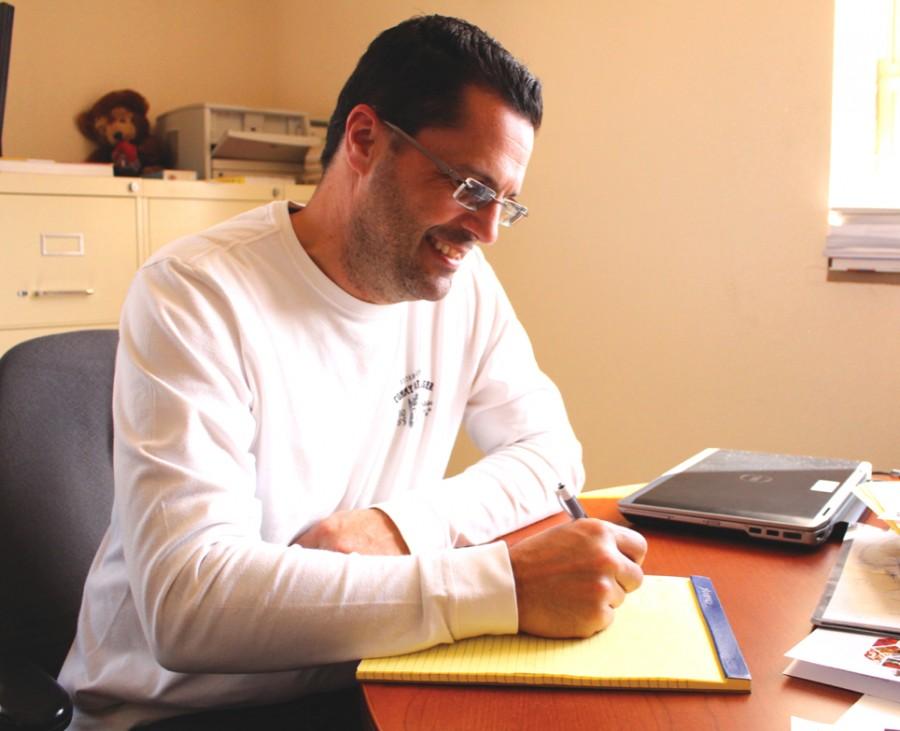While you’re busy making assumptions or judging the people around you, there are observers nearby who are busy putting the science behind your actions and why you do that.
Dr. Stephen L. Crites, professor and chair of the psychology department, has been working with his ongoing research about attitudes and stereotypes.
He first got involved in research with his interests of likes and dislikes, also known as attitudes. These like-dislike judgments apply to objects, people and ideas.
“It’s about understanding what causes us to like and dislike those things—how do they influence us, our behavior and our judgments?” Crites said.
The research in attitudes, along with interest from his students, is what led Crites to focus on stereotypes, since both are closely related to knowledge, with stereotypes being memory structures.
“It’s not just me, there is undergraduate students and graduate students who work with me, a lot of what I do depends on what my students find interesting,” Crites said.
Ciara Kidder, a fourth year doctoral psychology student, said that Crites is an excellent mentor, and that he works closely with his students in order to challenge them.
“Dr. Crites works with his students in order to develop them into independent thinkers and researchers. He challenges us to learn and think for ourselves,” Ciara said.
Crites said that stereotypes encompass all the memories that are associated with a group of people, and the things we associate with them such as clothing or attitude.
“These memories are very important because we activate them when we meet people we know, and they tell us how to act or what to do,” Crites said. “When we encounter people that we don’t know that creates a problem, because we don’t have much knowledge about them. So we activate memory trying to determine what this type of person is like.”
Crites said that regardless of the subject, there will always be things associated with it, and stereotypes or memories will always be there as a connection.
In an effort to try and understand stereotypes, Crites and his students have recorded brain activity in relation to knowledge and memories.
“What we do is look to see how quickly your brain activates knowledge about a person,” Crites said. “We will show people a picture of a male person, then we will show them words associated with them and record how fast they respond.”
The research focuses on positive and negative stereotypes. Crites said he wants to understand the processes for both and determine what sorts of differences exist between both reactions, and how can they be interpreted and applied.
So far, Crites sees this information being applied in different areas such as the medical field and the behavioral field in psychology.
“It’s implications for cultural issues, race relations and things like that. It touches many facets of our lives.There are people looking at that (stereotypes),” Crites said. “My research focuses on the reactions—how fast or strong they are—but as we learn more about that, people will look at how we can change them.”
Alonso Moreno may be reached at [email protected].






